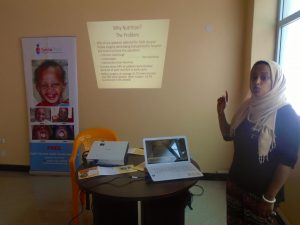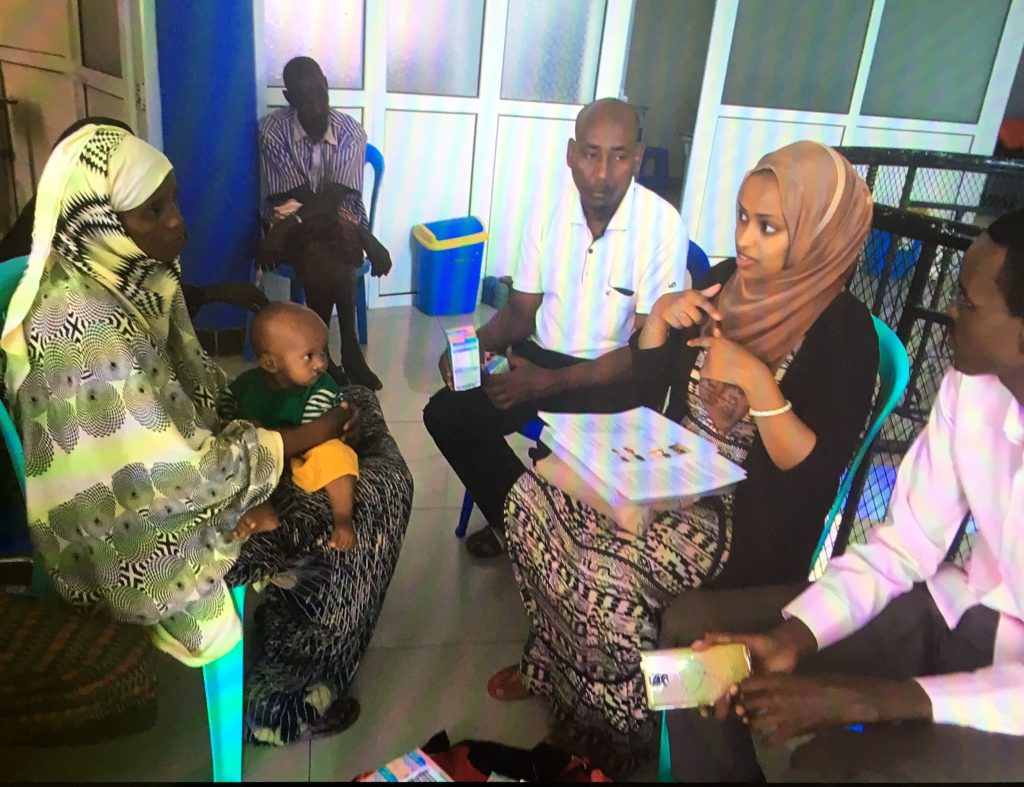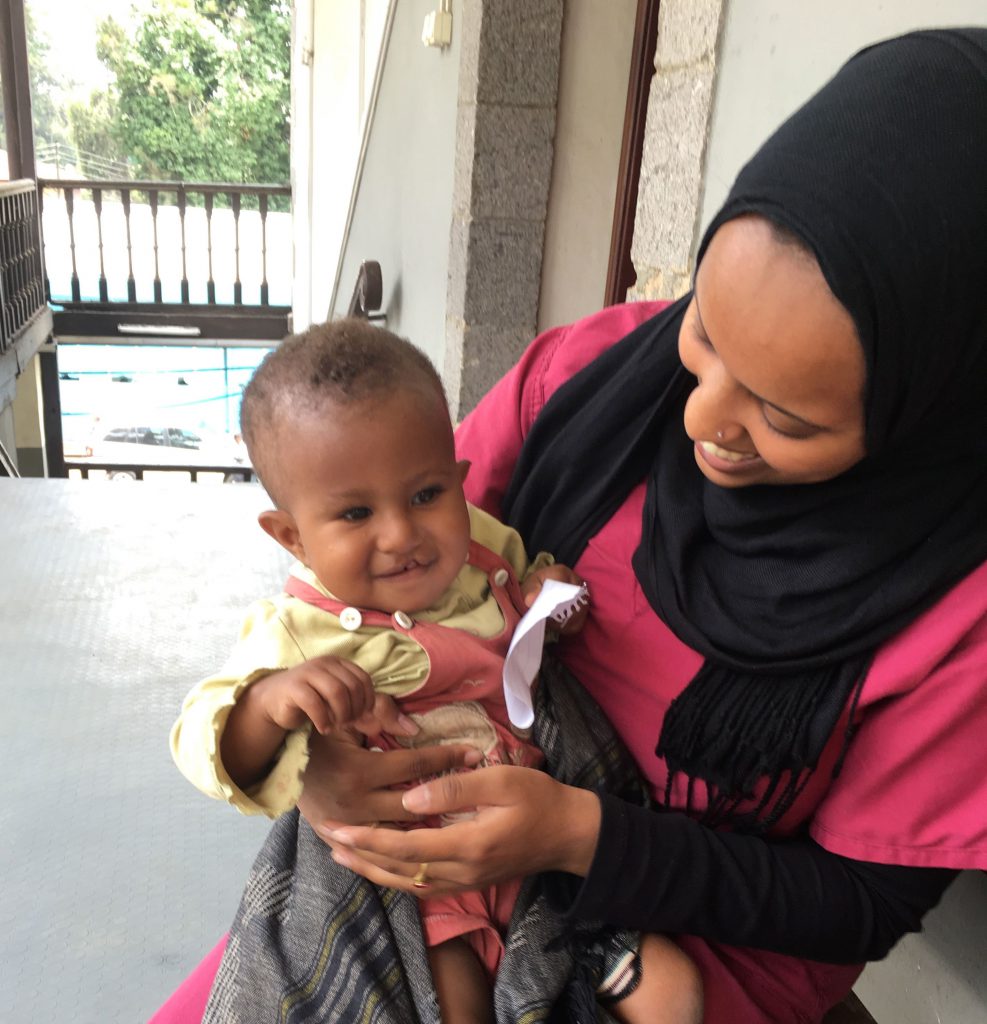This is the next in a series of posts by recipients of the Career Services Summer Funding Grant. We’ve asked funding recipients to reflect on their summer experiences and talk about the industries in which they’ve been spending their summer. You can read the entire series here.
This entry is by Nia Ebrahim, COL ’18
 When I learned that I would have the opportunity to work with Project Harar on their new Nutrition Mission, it seemed too good to be true. My interest in nutrition first sparked 5 years ago while I was working with a group of orphans in the small city of Harar, Ethiopia where my family is from. Seeing how malnutrition affected the lives of the children I grew to be so close with inspired me to take a nutrition class when I arrived at Penn, where I fell in love with nutrition as an academic field. As I gained more knowledge about the field and developed more experiences with orphans in Harar, I knew I wanted to be involved in work that helped improve nutritional practices in Ethiopia. Project Harar was doing just that.
When I learned that I would have the opportunity to work with Project Harar on their new Nutrition Mission, it seemed too good to be true. My interest in nutrition first sparked 5 years ago while I was working with a group of orphans in the small city of Harar, Ethiopia where my family is from. Seeing how malnutrition affected the lives of the children I grew to be so close with inspired me to take a nutrition class when I arrived at Penn, where I fell in love with nutrition as an academic field. As I gained more knowledge about the field and developed more experiences with orphans in Harar, I knew I wanted to be involved in work that helped improve nutritional practices in Ethiopia. Project Harar was doing just that.
Packing my bags for very different weather conditions got me excited about the several destinations ahead of me- London, and multiple cities in Ethiopia where my field work would take place- Addis Ababa, Hawassa, Harar, and Dire Dawa. First stop was London, where I spent a week working closely with the Project Harar UK staff to learn more about the organization, plan my trip in Ethiopia, and develop training materials that I would use in my field work (over many cups of tea!). I got to work with Project Harar’s nutritionists, Natasha and Christie, who passed on their knowledge and what they learned from their experiences working in Ethiopia. With amazing support and encouragement from Project Harar director, Victoria Clare, and the rest of Project Harar UK, I felt prepared to fly off to Ethiopia, where I would begin my work on the field with the Ethiopian staff.
Project Harar provides people with facial disfigurements access to treatment, and this year had a focus on nutritional support pre and post treatment. I visited several hospitals in Addis Ababa, Hawassa, and Dire Dawa where I talked to cleft patients and their mothers. In Hawassa, I delivered nutrition training and held a discussion about challenges concerning nutrition with Ethiopian social workers who travelled there from all over the region. In Addis Ababa, I spoke with doctors and nurses about the nutrition situation concerning their cleft patients. One of the most eye opening yet challenging experiences was working with families of cleft patients in Dire Dawa who travelled great distances from one of the poorest regions in the country. I spoke specifically with parents who were told that their child was too malnourished to get the surgery to help them understand why their child could not receive the treatment and what they could do to improve their child’s nutrition status. I spoke personally with each mother and father to better understand their personal situation and give more personalized advice on nutritional practices they could employ. The most challenging thing about working with this group of patients in Dire Dawa was hearing from mothers and fathers that there simply was not enough food available to feed their child. I fought back tears as a mother whose baby was severely malnourished told me that her child rarely ate, because her cleft condition didn’t allow her to breastfeed and because there wasn’t food available to feed feed her daughter. This experience exposed me to the most complex situations in this field I love so much in but also reminded me why I was so drawn to nutrition in the first place.
As I look back at my time with Project Harar, I am still in disbelief about the experiences I got to have, and the work I got to be involved in. It was incredible witnessing the direct impact our work had on people’s lives, and how much the people I worked with- the project Harar team, patients, families, nurses, and doctors- had an impact on me. I know I will forever cherish the memories I made with them, but with a deeper appreciation for this kind of work I am realizing that I will not let my experiences end here.



